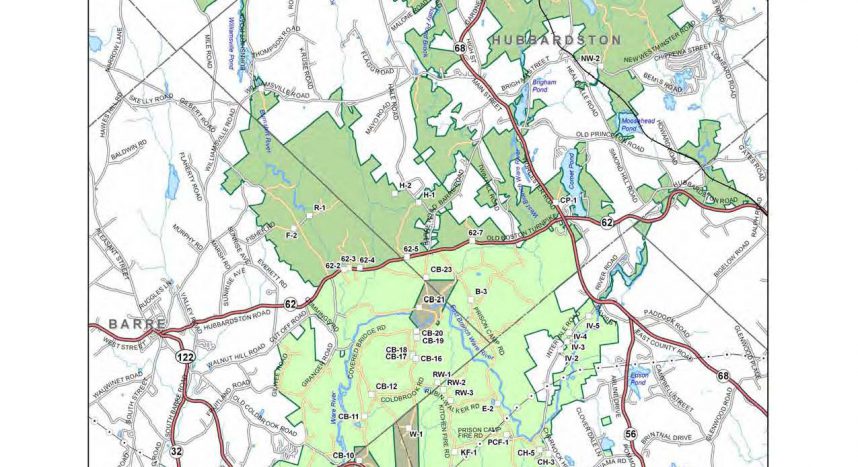Editorial by Executive Director Joe Favaloro
Following months of escalating rhetoric on both sides, it’s time to take a step back and assess what we need to do to move forward. If there is ever going to be a resolution to the off-trail activity debate, there needs to be a better understanding – on all sides – of all the impacts.
 With this in mind, I strongly believe that any review of the Ware River Watershed public access plan must be preceded by a comprehensive study. The research, conducted by an independent third party, should investigate the issues in question: the impacts of unauthorized trail construction and off-trail activities.
With this in mind, I strongly believe that any review of the Ware River Watershed public access plan must be preceded by a comprehensive study. The research, conducted by an independent third party, should investigate the issues in question: the impacts of unauthorized trail construction and off-trail activities.
The study should explore how these factors affect the core mission of DCR’s Division of Watershed Supply Protection and Office of Watershed Management, as well as how watershed stakeholders may be impacted, from all trail users, to MWRA customers, and even Ware River communities.
The study must look at the potential technical impacts, including water quality, forest management, and endangered species habitat.
Beyond the technical components, the study should dive into community impacts. What would be the enforcement and cost implications of changes to the access plan?
The study should also establish the context for this debate by examining the history of watershed development: how recreational uses were allowed, the court decision permitting the filtration waiver, and the regulatory and management impacts of this decision.
Finally, we see it as wise to “go beyond” our system and review how other filtered or unfiltered systems manage recreational activities.
This is just a rough outline. Once the study is completed, then an informed determination on the next steps could be made.

I would recommend to the MWRA that they share in the cost of this study with the State. I would further recommend that a representative of recreational activities have a seat on the working committee, along with DWSP, EOEEA, MWRA, and the Advisory Board. Together, their responsibility would be to flesh out the scope of the study and to evaluate the proposals, perhaps with varying perspectives, but equipped with the same facts. In return, I expect the public access rules to be respected and obeyed by all recreational users in the meanwhile.
Again, I stress that my job is to represent the interests of MWRA communities, and this means protecting our watersheds, ensuring our filtration waiver, and providing high quality drinking water to 2.5 million residents of Greater Boston.
I fully recognize that this issue is not limited to the most vocal debaters so far, but rather, affects many. In that spirit, the study ensures the most responsible path moving forward by providing all parties – myself included – with the knowledge to make the most educated decision possible. The stakes are enormous and allowing some fact-finding is the right next step.

